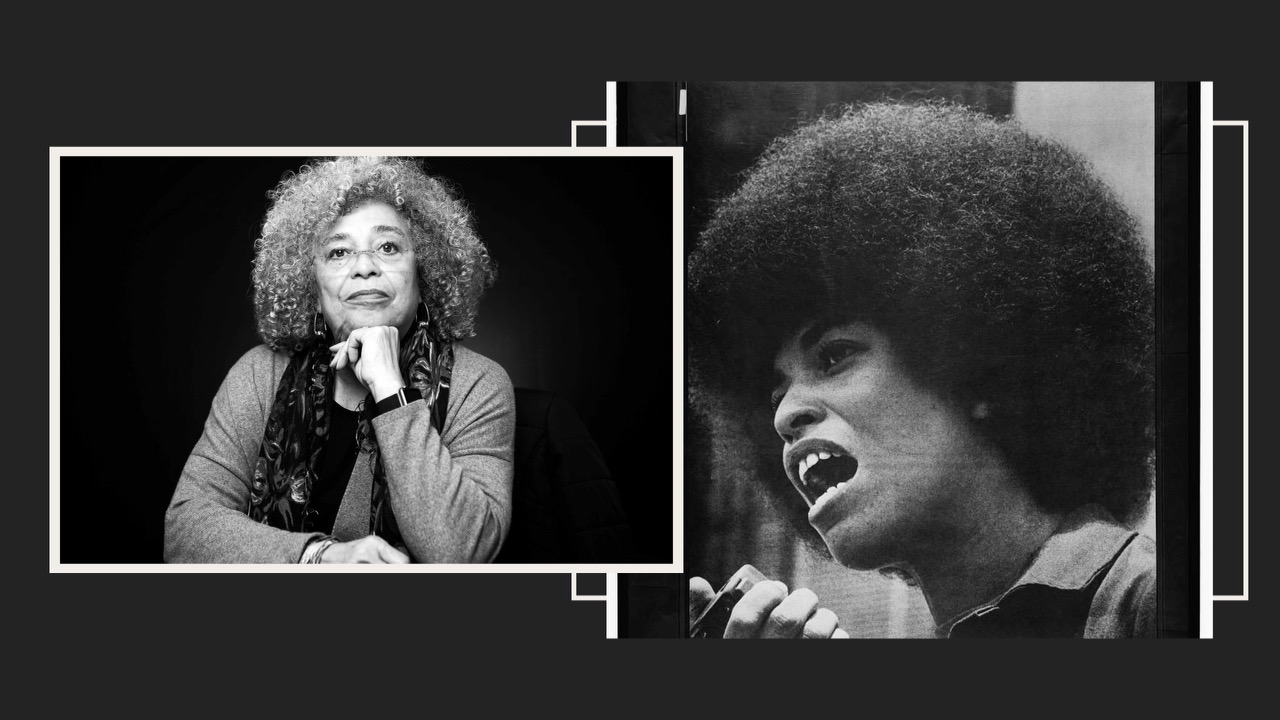By: Michael Adkison
FAYETTEVILLE, Ark. (UATV) — Political activist and Black feminist Angela Davis spoke to the University of Arkansas on February 17 in a virtual Q-and-A hosted by the Distinguished Lectures Committee.
The lecture, livestreamed via FanFX and Degy Entertainment, was moderated by Yvette Murphy-Erby, vice chancellor at the U of A for diversity, equity and inclusion. Vice chair of the Distinguished Lectures Committee Michael Furhman introduced the lecture.
In her fifty-year career, Angela Davis established herself as one of the leading political activists in the Civil Rights movement. Now a professor at the University of California, Santa Cruz, Davis is the author of several books on race, class, feminism, and the prison system in the United States.
“Resistance was at the core of our visions for new futures,” Davis recalled in her opening remarks. “We learned how to resist, not so much as a choice, not as an extracurricular activity, but rather as a condition life.”
Her career, revered for its passion, has not been without controversy. She worked as an assistant professor at the University of California, Los Angeles, before being fired for her membership in the U.S. Communist Party. A year later, she was on the F.B.I.’s Most Wanted List—only the third woman in history to do so—for purchasing weapons used in a shootout in California she did not partake in. When she was arrested, President Richard Nixon referred to Davis as a “dangerous terrorist.” After a nationwide campaign advocating for her release, an all-white jury found her not guilty, saying her ownership of the weapons used did not make her complicit in the murders.
In her lecture, Davis acknowledged the importance of her platform in Black History Month.
“I have been celebrating Black history—it was “Negro history,” then—since I was five years old and in the first grade,” Davis said.
Davis highlighted the importance of educators in her life, particularly in the honoring of Black history.
“They made us feel secure, even happy, and proud that we belonged to a people who were determined to prove the racists wrong,” Davis said. “We were not the inferior beings the white supremacists claimed we were. On the contrary, we were capable of greatness.”
She iterated the role Black Americans, particularly Black women, have played throughout history in advocating for social justice and politics—from women’s suffrage in the early twentieth century to the election of Joe Biden and Kamala Harris in November.
“Who was responsible for the defeat of 45 [President Donald Trump] last November?” Davis asked, rhetorically. “Who engaged in the grassroots work that brought out vast numbers of Black people and others to participate in the most recent election that also resulted in the election of the first Black woman, the first South Asian woman, to be elected to such a high office in the U.S.?”
After Davis’ initial comments on systemic racism and the role of celebrating Black history and achievements, Vice Chancellor Murphy-Erby interviewed Davis. She began by asking what “mile” Davis felt like she was on after fifty years championing for Black Civil RIghts.
“If this is a marathon,” Davis answered, “a marathon is about 26.2 miles, right, and if we consider that the race actually started during slavery, then I think that we’re probably about on Mile Eight. We haven’t even approached the half marathon marker yet.”
Davis said that while recognizing systemic racism in the twenty-first century is significant, she feels it should have been done in the immediate aftermath of Black liberation from slavery.
“But here we are, and we’re at least on Mile Eight, we’re not on Mile One,” she said.
Murphy-Erby asked whether or not calls for unity in the United States should be a goal for the country, to which Davis said she feels “unity” is too abstract of a term, noting that she believes some Black Americans don’t advocate for the same goals to end systemic racism as her, citing Clarence Thomas specifically.
“I think we have to create unity across difference and with difference,” Davis said.
Angela Davis went on to note the role education plays in dismounting racism, and the power it can have to harbor structural racism, a notion many minority University of Arkansas affiliates have brought up since the Black Lives Matter movements of last summer.
“I think this is a period in which all universities need to engage in processes of self-reflection in order to determine how the institutions are implicated in the continued reproduction of racism,” she said.
Davis and Murphy-Erby also acknowledged the disparities in inclusion at the University of Arkansas and other higher education institutions, particularly in terms of student body demographics and acknowledging controversial pasts involving Black and Indigenous histories.
The lecture is available to stream on YouTube.


